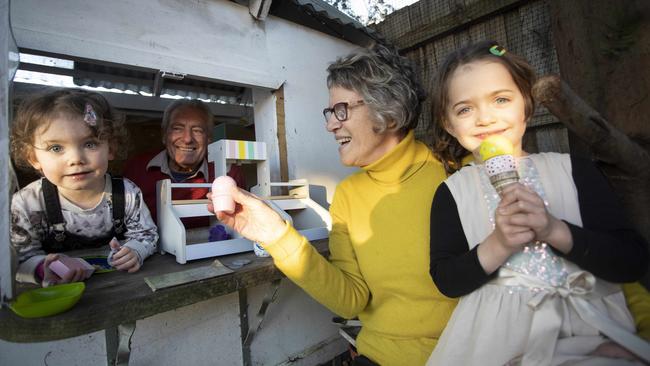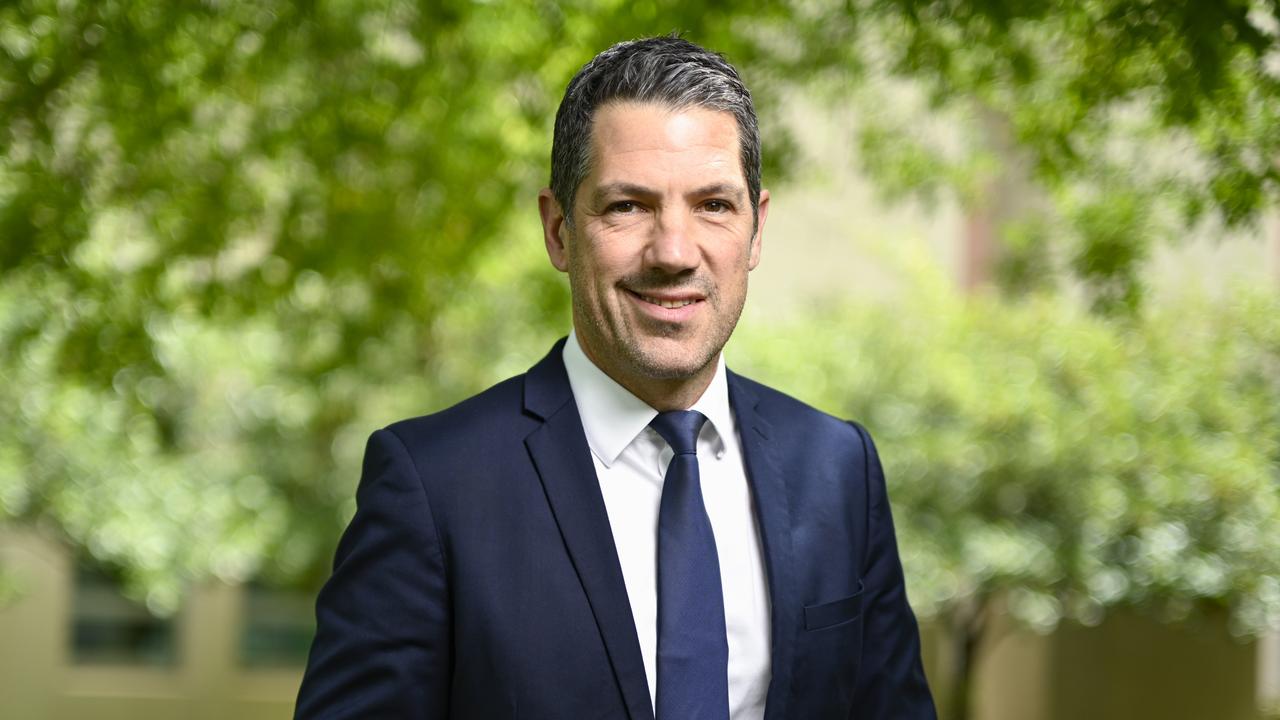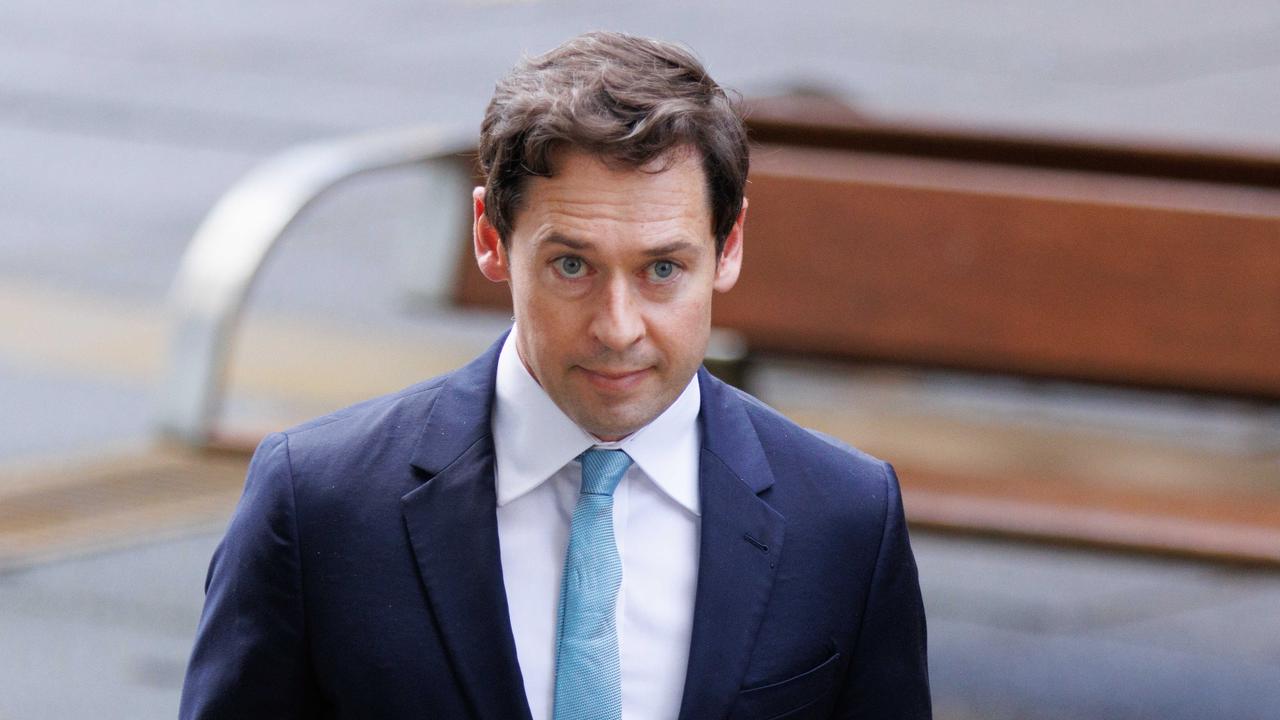‘Grandcare’ is just another word for love
Grandparents are overwhelmingly happy to step in and look after their grandkids to free up their children to work or study, a new report shows

Looking after the grandkids is an overwhelmingly positive experience for the nation’s grandparents, who are motivated at least as much to build their own relationship with the little ones as they are to help their own children out, new research shows.
The study reveals Australia’s grandparents play a significant role in the care of grandkids, and the vast majority do so for the purest of reasons – love.
Quibbles about the care they give affecting their ability to work the hours they want, the tiring nature of looking after young children or the weight of family expectations to help out pale against the enjoyment they draw from the experience and the connectedness they feel with their family, the study shows.
The Australian Institute of Family Studies report finds six in 10 grandparents provide at least some childcare if they have a grandchild under the age of 10.
Just over one in four grandparents with a grandchild under 13 are helping out at least once a week, the survey of more than 2300 grandparents taken in the middle of last year reveals, with around 60 per cent caring on a more casual basis.
One in five grandparents provide 20 or more hours of childcare per week, the report, titled Grandparents and Child Care in Australia, finds.
They help out for myriad reasons, the report finds, the most common being to support their children to continue to work or study, and because formal childcare is so expensive. Another reason is to give the parents a break.
But the care itself is a positive experience for grandparents, the survey shows, with 97 per cent reporting they enjoy providing the care, and 86 per cent saying that caring for their grandchildren gives their lives added meaning.
Even among the grandparents who say the care they give is tiring, most also said they enjoyed doing it and the family connections it deepened.
And there was strong disagreement that they were resentful about being asked or expected to do it. “There was just this overwhelming positivity coming through in the survey about the time these grandparents spend with their grandchildren,” AIFS researcher and report author Jennifer Baxter said.

“Some were even a bit cross about it being called childcare,” Dr Baxter said. “They said it was just love and time and connection with their children’s children.”
Melbourne grandmother Bev Zachariah, 71, and her husband Paul, 70, straddle between two lots of grandchildren, including Olivia, 5, and Elfriede, 2, as they look to support their own kids.
“We really do get so much joy from them, they make us laugh and are such good fun,” Ms Zachariah said.
“You think back to your own kids and realise how fast they grow up, so second time around you know how important it is to be there for as much time as you can.”
Social Services Minister Amanda Rishworth said grandparents “are an important support to families and by many have told me that caring for children can often improve their physical and mental health”.
“Quality affordable early childhood education is an important part of (increasing female workforce participation), but this report shows grandparents are also helping with care responsibilities too,” Ms Rishworth said.
The report found many grandparents would like to help out more, but distance proved the biggest barrier. Another issue preventing grandparents from providing the amount of care they would like to was a breakdown in family relationships.




To join the conversation, please log in. Don't have an account? Register
Join the conversation, you are commenting as Logout